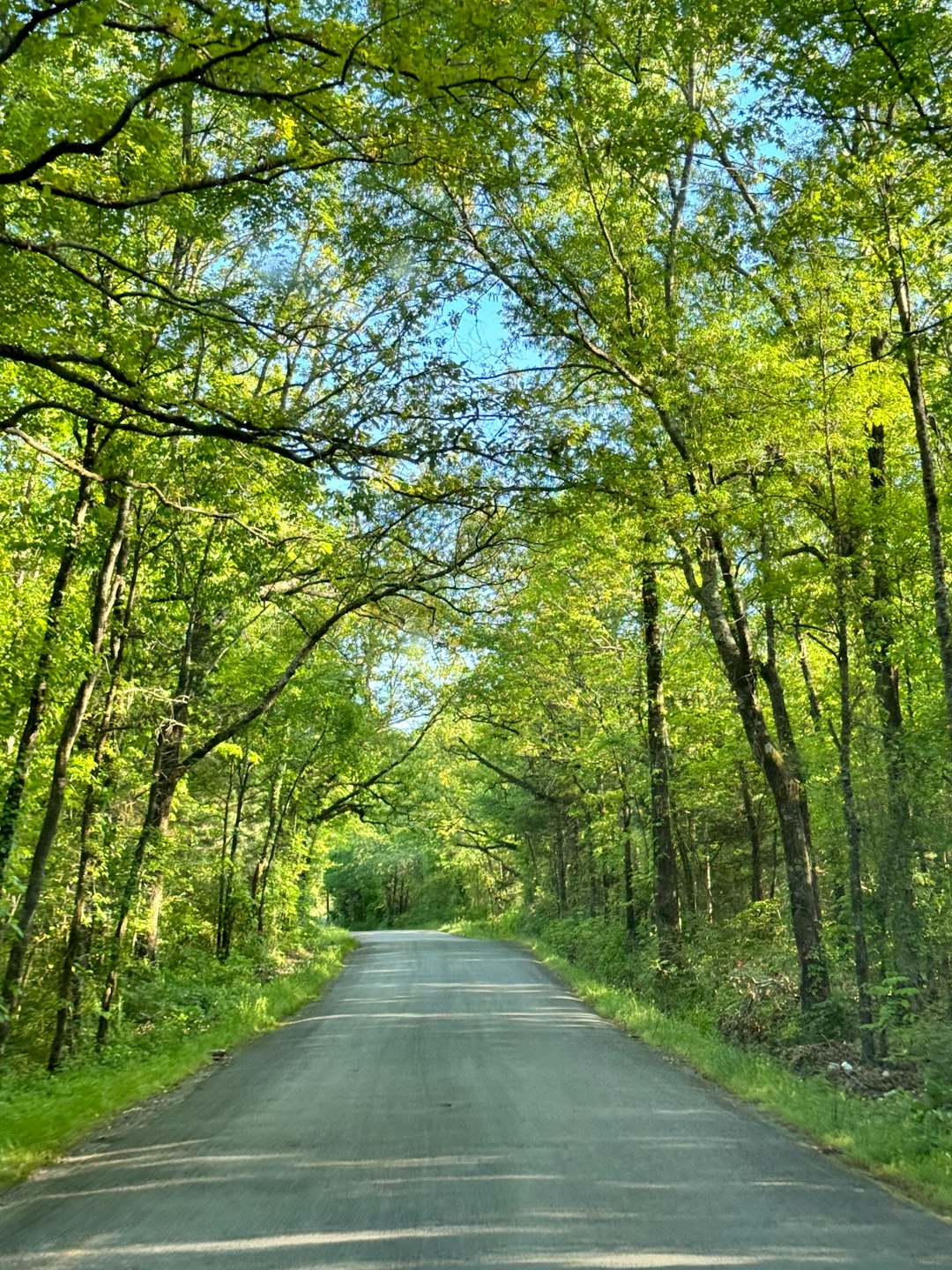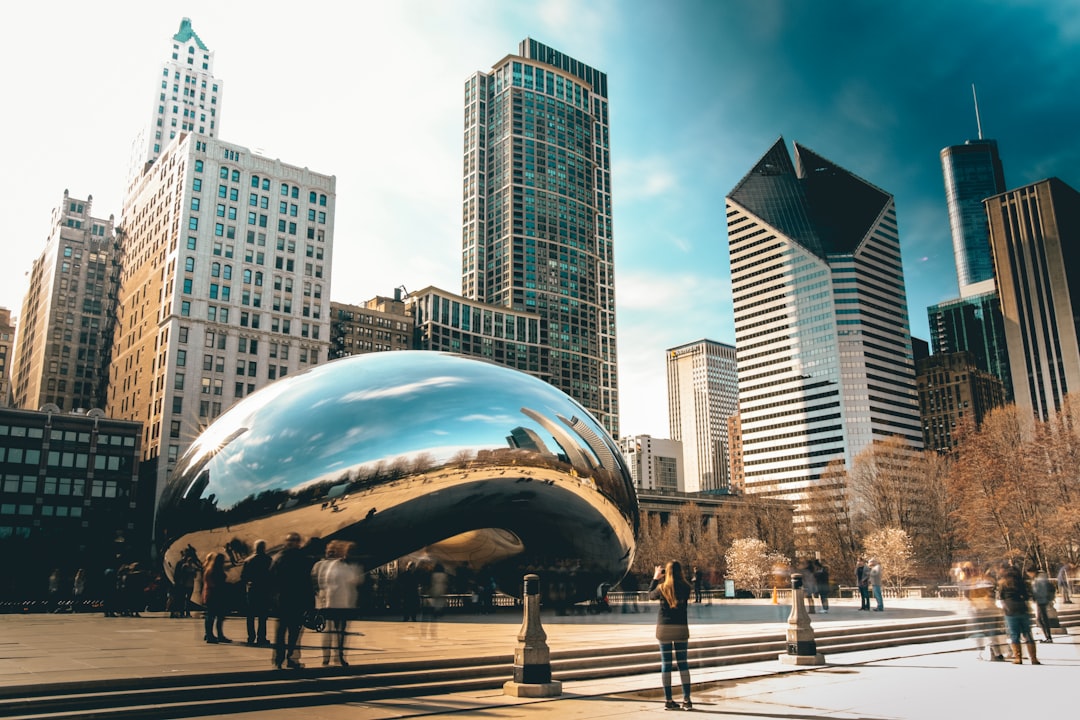Sexual abuse is a pressing issue in Arkansas communities, with high reported assault rates indicating a dire need for safety and support. Sexual abuse attorneys play a pivotal role by providing legal guidance, advocating for victims' rights, and ensuring access to justice. Creating a culture of safety requires recognizing systemic issues, providing accessible resources, and empowering survivors to speak out without fear. Building resilience involves education initiatives, early intervention, and reporting mechanisms integrated into local policies, fostering an environment where victims feel safe to come forward and promoting healing within Arkansas communities.
In Arkansas, addressing sexual abuse requires a multifaceted approach. This article explores strategies to build a culture of safety and support within communities, focusing on the profound impact of sexual violence. We delve into creating safe spaces, establishing supportive networks, empowering residents through education, and the crucial role of sexual abuse attorneys in Arkansas. Additionally, we discuss long-term resilience-building strategies for communal healing. By implementing these initiatives, Arkansas communities can work towards a safer and more supportive environment.
Understanding the Impact of Sexual Abuse in Arkansas Communities

Sexual abuse is a significant issue that affects countless individuals and families in Arkansas communities. According to recent statistics, the state has one of the highest rates of reported sexual assault cases nationwide, highlighting the urgent need for a culture of safety and support. This pervasive problem not only impacts survivors but also creates a climate of fear and trauma within these communities.
The impact extends far beyond the immediate physical and emotional injuries. Survivors often face long-term mental health consequences, including depression, anxiety, and post-traumatic stress disorder (PTSD). Moreover, the presence of sexual abuse attorneys in Arkansas is a testament to the legal complexities and challenges that arise from such cases. Building a culture of safety involves recognizing these systemic issues, providing accessible resources for support, and fostering an environment where survivors feel empowered to speak out without fear of judgment or repercussions.
Creating a Safe Space: Establishing Supportive Networks

Creating a safe space is a fundamental step in building a culture of safety and support within Arkansas communities, particularly when addressing sensitive issues like sexual abuse. This involves fostering environments where individuals feel comfortable discussing their experiences without fear of judgment or repercussions. Supportive networks can be established through community events, support groups, and educational programs that promote open dialogue and empathy.
Sexual abuse attorneys in Arkansas play a crucial role in this process by providing legal guidance and advocating for victims’ rights. They contribute to the overall safety and support system by ensuring that individuals affected by sexual abuse have access to justice and resources. These professionals can help raise awareness, educate communities on prevention measures, and offer assistance tailored to the unique needs of survivors, thereby strengthening the fabric of Arkansas communities.
Educating and Empowering Residents: Prevention is Key

In any community, including those in Arkansas, building a culture of safety and support starts with education and empowering residents. Sexual abuse attorneys in Arkansas often emphasize the importance of prevention as a key strategy to fostering a secure environment. By providing resources and knowledge about recognizing and preventing sexual abuse, residents can play an active role in safeguarding their communities. Workshops, awareness campaigns, and educational programs aimed at both children and adults are vital tools to achieve this.
Empowering individuals with the skills to identify potential risks and respond appropriately is crucial. This includes teaching consent, healthy relationships, and personal boundaries. When residents understand these concepts, they can create a supportive network that discourages sexual abuse and promotes open dialogue about any concerning behaviors or incidents. Such proactive measures ensure that everyone in the community feels valued, heard, and safe.
Legal Aspects: The Role of Sexual Abuse Attorneys in Arkansas

In Arkansas, building a culture of safety and support begins with understanding and addressing legal protections for victims, especially those who have experienced sexual abuse. Sexual abuse attorneys play a crucial role in this regard by ensuring that individuals affected by such crimes have access to justice and the resources they need. These experts are well-versed in the intricate laws surrounding sexual assault, which can vary greatly from one state to another. They guide victims through the legal process, offering invaluable support during what is often an emotional and challenging time.
Sexual abuse attorneys in Arkansas work tirelessly to protect the rights of their clients while advocating for systemic changes that promote safety. They collaborate with local communities, law enforcement, and other stakeholders to raise awareness about sexual violence prevention and ensure proper handling of cases. By combining legal expertise with a commitment to social justice, these attorneys contribute significantly to fostering a culture where victims feel safe coming forward and seeking help.
Building Resilience: Long-term Strategies for Community Healing

Building resilience is a long-term strategy essential for community healing, especially in addressing historical traumas and ongoing issues like sexual abuse. Arkansas communities can foster a culture of safety and support by implementing comprehensive programs that empower individuals and strengthen social connections. This includes education initiatives aimed at raising awareness about prevention, early intervention, and reporting mechanisms for sexual abuse. By integrating these strategies into local policies and community practices, Arkansas can create an environment where residents feel secure and supported.
Resilience is built through collective action, where neighbors, organizations, and government bodies work together to identify and address vulnerabilities. Supporting survivors of sexual abuse and providing access to legal resources, such as those offered by sexual abuse attorneys in Arkansas, is vital. Additionally, promoting open dialogues about emotional well-being and fostering inclusive spaces can help communities process past traumas and create a lasting sense of security for all members.




